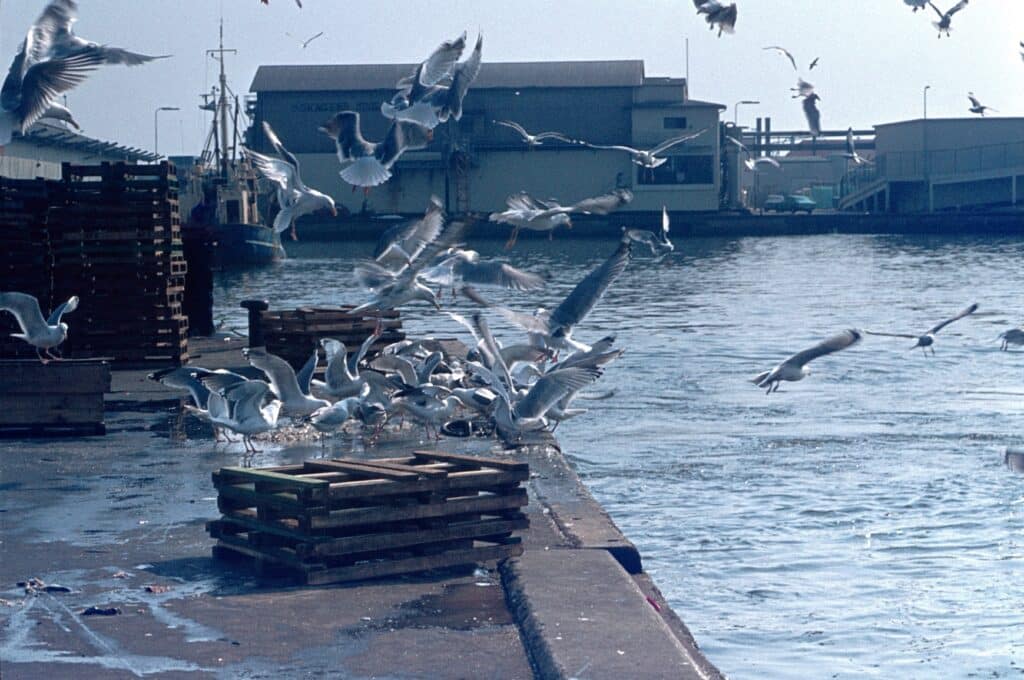
In Denmark and Greenland, fishing and the processing of seafood and fish are - and have traditionally been - important for both countries.
Denmark is one of the world's largest importers and exporters of fish and fish products; the processing industry produces a large variety of products based on many different species.
The fishing industry in Greenland is very important to the national economy of Greenland and the local food supply. It is the source of many people's livelihoods all across the country. Fishing exports from Greenland in the past 20 years accounted for about 90% of the country's total exports with international firms finding it a profitable business.




All relevant actors, including local and regional authorities, primary biomass producers, SMEs, civil society organisations, knowledge providers etc. will be engaged in BlueRev.